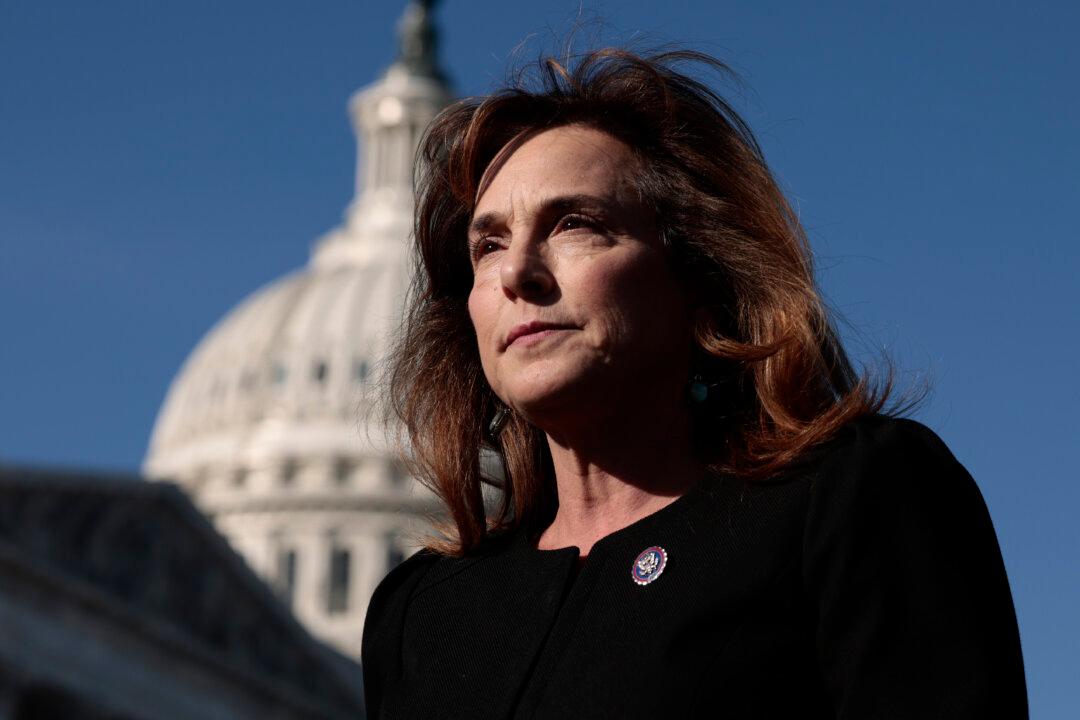Congressional efforts to investigate and even cease federal funding of some overseas labs have increased since White Coat Waste Project (WCW) disclosed several Freedom of Information Act (FOIA)-obtained documents detailing what the watchdog group described as “cruel and barbaric” experiments on animals.
On March 15, President Joe Biden signed into law a $1.5 trillion federal spending bill that funds operations through the end of the fiscal year in September 2022. On page 152 of the bill under “Foreign Animal Research,” the Committee on Appropriations included a request for “additional information in the fiscal year 2023 Congressional Budget Justification about how NIH [National Institutes for Health] monitors and ensures foreign institutions’ compliance with applicable laws, regulations, and policies governing NIH-funded animal research.”





